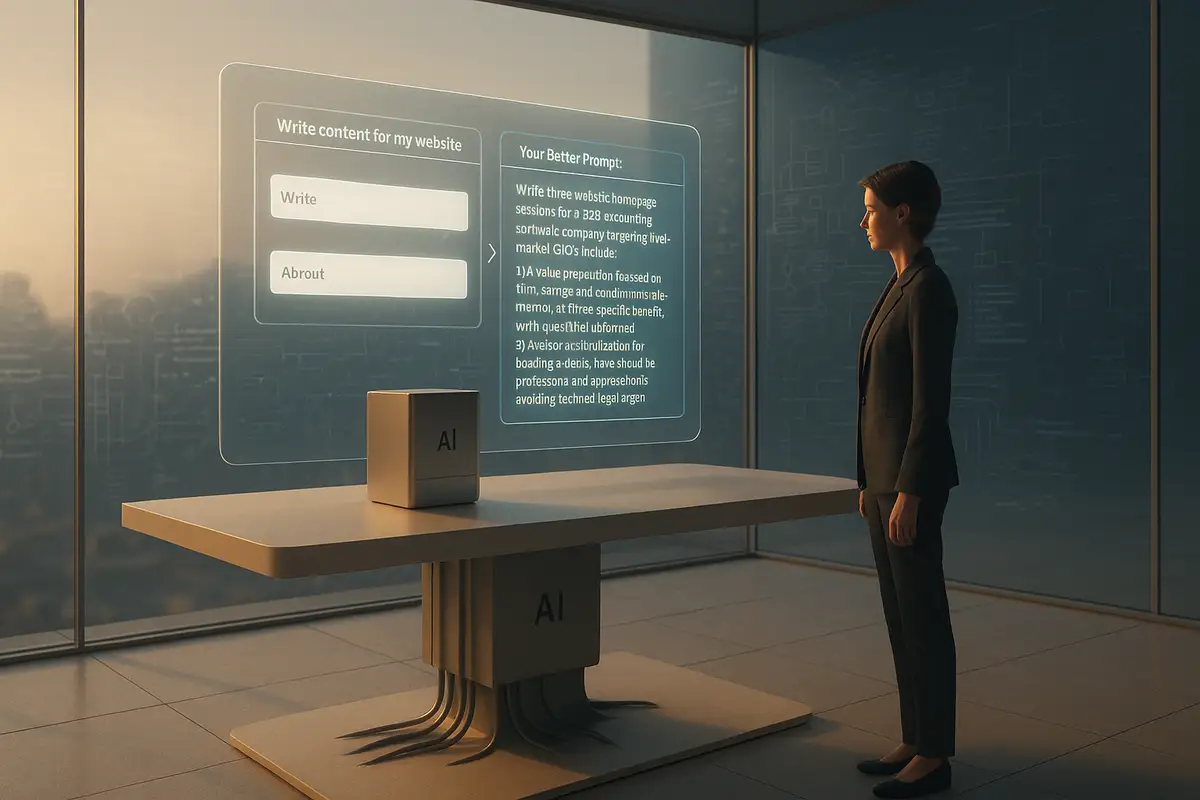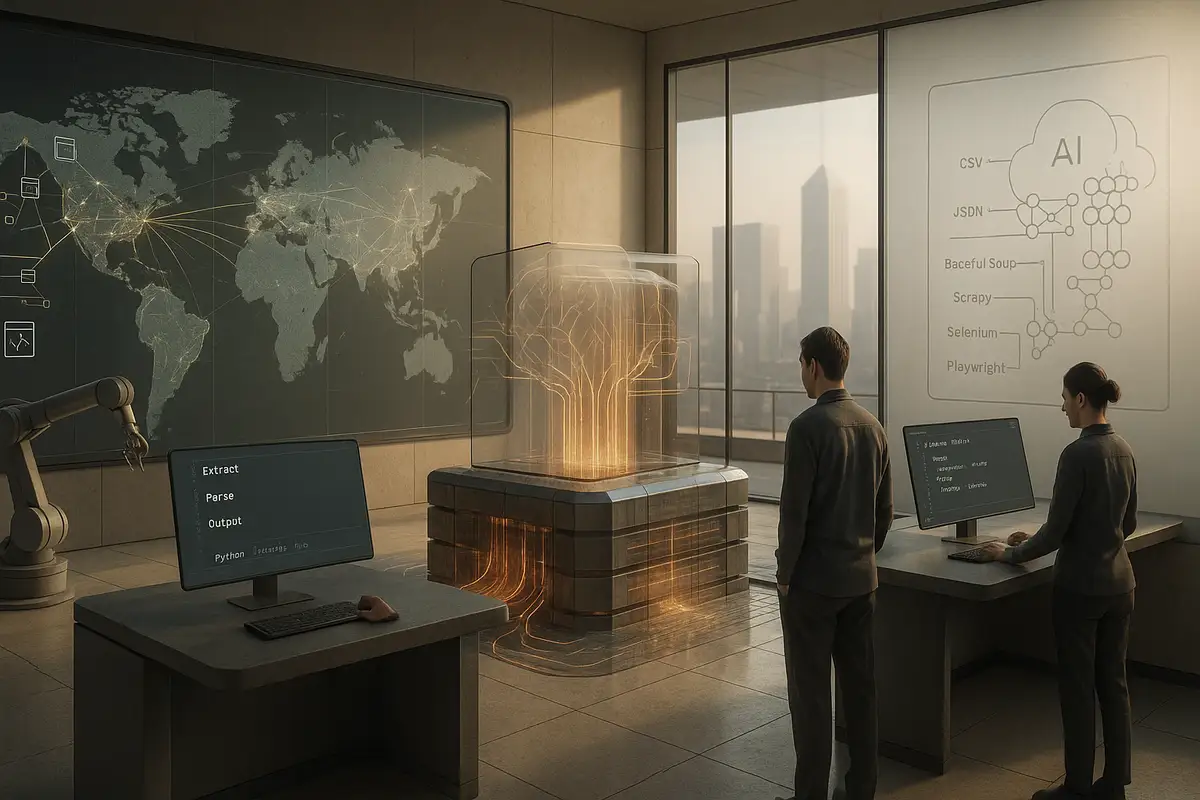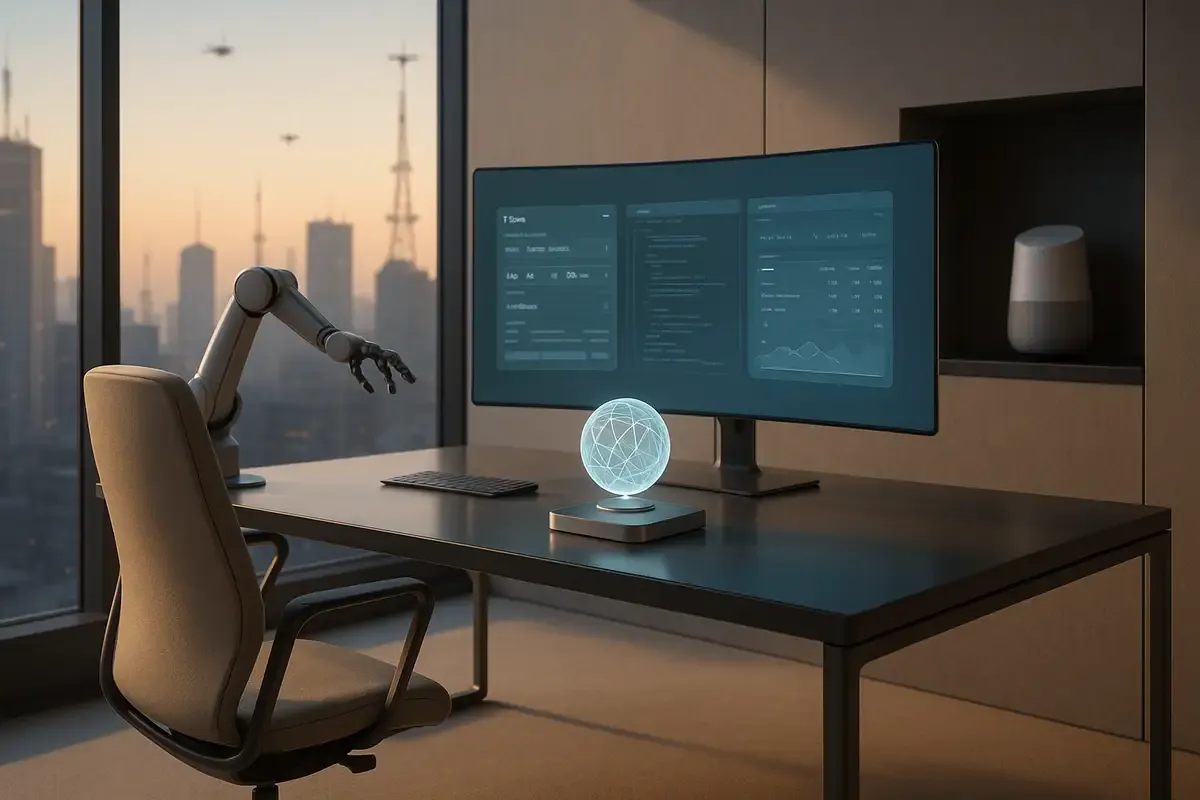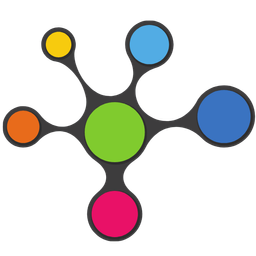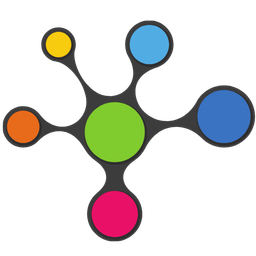💡 TL;DR - The 30 Seconds Version
🔥 Google kills Google Assistant in late 2025, forcing all mobile users to switch to Gemini—no choice, no opt-out
💰 AI assistant market explodes from $2.23 billion today to $56.3 billion by 2034, with 8 billion devices getting AI by year's end
🤖 OpenAI's "Operator" and Claude's "Computer Use" can now control your screen, click buttons, and complete tasks autonomously
📊 97% of sales leaders report major time savings; AI writes 30% of marketing content; first drafts take 80% less time
🏢 Enterprise AI costs average $30/user/month while Google gives away features competitors charge $20 for, sparking a pricing war
🚀 The winner of this AI assistant war controls how billions work and think—your choice today shapes your workflow tomorrow
Remember when asking Siri to set a timer felt futuristic? Those days are dead. Google's pulling the plug on Google Assistant, forcing millions to switch to Gemini. OpenAI's new "Operator" can control your computer like a human. And somewhere in a lab, an AI just crushed the International Math Olympiad.
The AI assistant market isn't evolving—it's exploding. From $2.23 billion today to $56.3 billion by 2034. That's not growth. That's a complete takeover. By year's end, 8 billion devices will have AI assistants. Your phone, watch, car, toaster—everything's getting a brain upgrade.
But here's what the tech press missed: This isn't about better voice commands. These new assistants don't just answer questions. They take over your screen, write your emails before you think of them, and handle complex work that used to require, well, you.
The Big Three Fight Dirty
Google's playing hardball. They're not asking users to switch to Gemini—they're forcing it. Come late 2025, Google Assistant vanishes from phones. No choice, no debate. Just wake up one day and boom, you've got Gemini.
Why the harsh move? Because Google saw the numbers. Claude processes 150,000 words at once. ChatGPT has 175 million weekly users. Meanwhile, Assistant feels like a relic from 2016. Which, technically, it is.
OpenAI fired back with Operator—an AI that literally uses your computer. Need to book a flight? Operator clicks through websites, fills forms, enters credit cards. It's slow. It's buggy but it works. An AI using a mouse and keyboard, doing your job while you watch Netflix.
Claude went further. Their "Computer Use" feature doesn't just click buttons. It understands what's on screen, makes decisions, completes multi-step tasks. Anthropic's playing the long game—building trust with enterprises by focusing on safety and reliability. Boring? Maybe. Smart? Definitely.
The Price War Nobody Saw Coming
Here's where it gets interesting. While everyone obsessed over features, a pricing bloodbath started. Google's giving away Gemini features that competitors charge $20 monthly for. Free users get image generation, document analysis, voice chat—the works.
The enterprise market tells a different story. Average cost? $30 per user per month. But that's pocket change compared to productivity gains. Sales teams report 97% of leaders saying AI saves significant time. Marketing departments generate 30% of content with AI. First drafts take 80% less time.
Microsoft quietly won by doing nothing fancy. They just baked Copilot into Office. Every Excel spreadsheet, every PowerPoint, every Outlook email—Copilot's there, waiting. No app switching, no learning curve. Just AI where you already work.
The Features That Actually Matter
Forget the marketing fluff. Here's what these assistants actually do:
Claude: Handles massive documents (think 150-page contracts), writes code that doesn't suck, and actually admits when it doesn't know something. Developers love it because it catches errors before they happen.
ChatGPT: Jack of all trades, master of... well, most. Creates images, browses the web, remembers your preferences across conversations. Just solved Math Olympiad problems at gold-medal level. Not bad for a chatbot.
Gemini: Google's ecosystem on steroids. Searches your emails, checks your calendar, summarizes your meetings—all without asking. Creepy? Maybe. Useful? Absolutely.
Copilot: The office worker's best friend. Turns rambling notes into polished emails, finds patterns in spreadsheets, creates presentations from bullet points. Boring but effective.
Alexa: Still here, somehow. Amazon threw AI at it, calling it Alexa+. For $20 monthly, it anticipates your needs. Translation: it guesses what you want before you ask. Revolutionary? No. Better than yelling at a hockey puck? Marginally.
What They're Not Telling You
The real story isn't in press releases. It's in the gaps. Otter.ai transcribes meetings perfectly—unless people talk over each other. Fireflies.ai sends a bot to meetings you skip—creeping out clients who wonder why "Fred" is taking notes.
Privacy? A joke. These assistants need data to work. Your emails, documents, conversations—all processed, analyzed, stored. Companies promise encryption and compliance. Users click "accept" without reading. The cycle continues.
Integration remains painful. Want Gemini to talk to Salesforce? Good luck. Need ChatGPT to access your company data? Hope you like APIs. The promise of seamless AI assistance crashes against the reality of incompatible systems.
The Jobs Question Everyone's Avoiding
Let's address the elephant: These assistants are good. Scary good. An AI scoring gold at Math Olympiad? Writing code better than junior developers? Handling customer service at scale?
The optimists say AI frees us for "higher-value work." The realists see the pattern. First, AI handles simple tasks. Then complex ones. Then it handles tasks you didn't know could be automated. Suddenly, that assistant isn't assisting—it's replacing.
Small businesses get hit first. Why hire when AI does it cheaper? The 4% of small businesses using AI for content will become 40% within two years. Not because they want to. Because they have to compete.
Your Move
The assistant you choose today shapes your workflow tomorrow. Pick wrong, and you're migrating data in six months. Pick right, and you've got an edge while competitors fumble with chatbots.
For coding and technical work: Claude. It thinks before answering, shows its reasoning, handles complexity without hallucinating.
For general productivity: ChatGPT. Feature-rich, constantly updated, works with everything.
For Google users: Resistance is futile. Gemini's coming whether you want it or not. Might as well learn it now.
For Microsoft shops: Copilot's already there. Use it or don't, but you're paying for it.
For everyone else: Wait. This market's moving too fast for long-term commitments. Today's leader is tomorrow's cautionary tale.
Why this matters:
- We're watching the biggest productivity shift since spreadsheets—97% of sales leaders can't be wrong about time savings, and that 80% reduction in writing time isn't a typo.
- The company that wins the AI assistant war controls how billions work, think, and create—Google knows this, which is why they're killing their own product to force adoption
❓ Frequently Asked Questions
Q: What happens to my Google Home speakers and smart displays when Assistant dies?
A: Google says home devices keep Assistant "for now" while developing a new Gemini-powered experience. No timeline given, but expect changes within 12 months. Your routines and commands should transfer, but some features may disappear or work differently.
Q: How much data do these AI assistants actually collect about me?
A: Everything you type, say, or share. Claude reads your documents, ChatGPT remembers conversations, Gemini scans your emails and calendar. Companies promise encryption and compliance, but the data exists. You can opt out of training data collection, but functionality suffers.
Q: What exactly can AI "Computer Use" and "Operator" do that regular assistants can't?
A: They control your computer like a human—clicking buttons, filling forms, navigating websites. Operator can book flights by clicking through airline sites. Claude's Computer Use understands screen content and completes multi-step tasks. Think remote desktop, but it's AI controlling everything.
Q: Why are only 4% of small businesses using AI when it's supposedly so helpful?
A: Cost, complexity, and awareness. Many don't know these tools exist beyond ChatGPT. Others struggle with integration—connecting AI to existing systems requires technical knowledge. At $30/user/month for enterprise features, a 10-person company pays $3,600 yearly. That's significant for small budgets.
Q: Which AI assistant works best with Microsoft Office?
A: Copilot wins by default—it's built into Office. No switching apps, no copying text. It reads your Excel data, writes in Word, creates PowerPoints. Costs extra ($30/user/month added to Office subscriptions), but the integration beats everything else.
Q: Can these AI assistants really code as well as developers?
A: For specific tasks, yes. Claude excels at debugging and catching errors. ChatGPT solved Math Olympiad problems at gold-medal level. But they lack context about your codebase, make assumptions, and need human oversight. They replace junior-level tasks, not senior developers—yet.
Q: How do I prepare for the forced Google Assistant to Gemini switch?
A: Download Gemini app now to learn the interface. Check which Assistant features you use—some won't transfer. Export any custom routines or commands. Gemini handles most Assistant tasks but works differently. Starting early avoids the scramble when Google forces the switch.
Q: What happens if I pick the wrong AI assistant for my business?
A: Migration headaches. Moving data between platforms takes weeks. Training staff on new interfaces costs time and money. Some integrations won't transfer—your Salesforce connection might break. Start with month-to-month plans, test thoroughly, and keep local backups of important AI-generated content.

